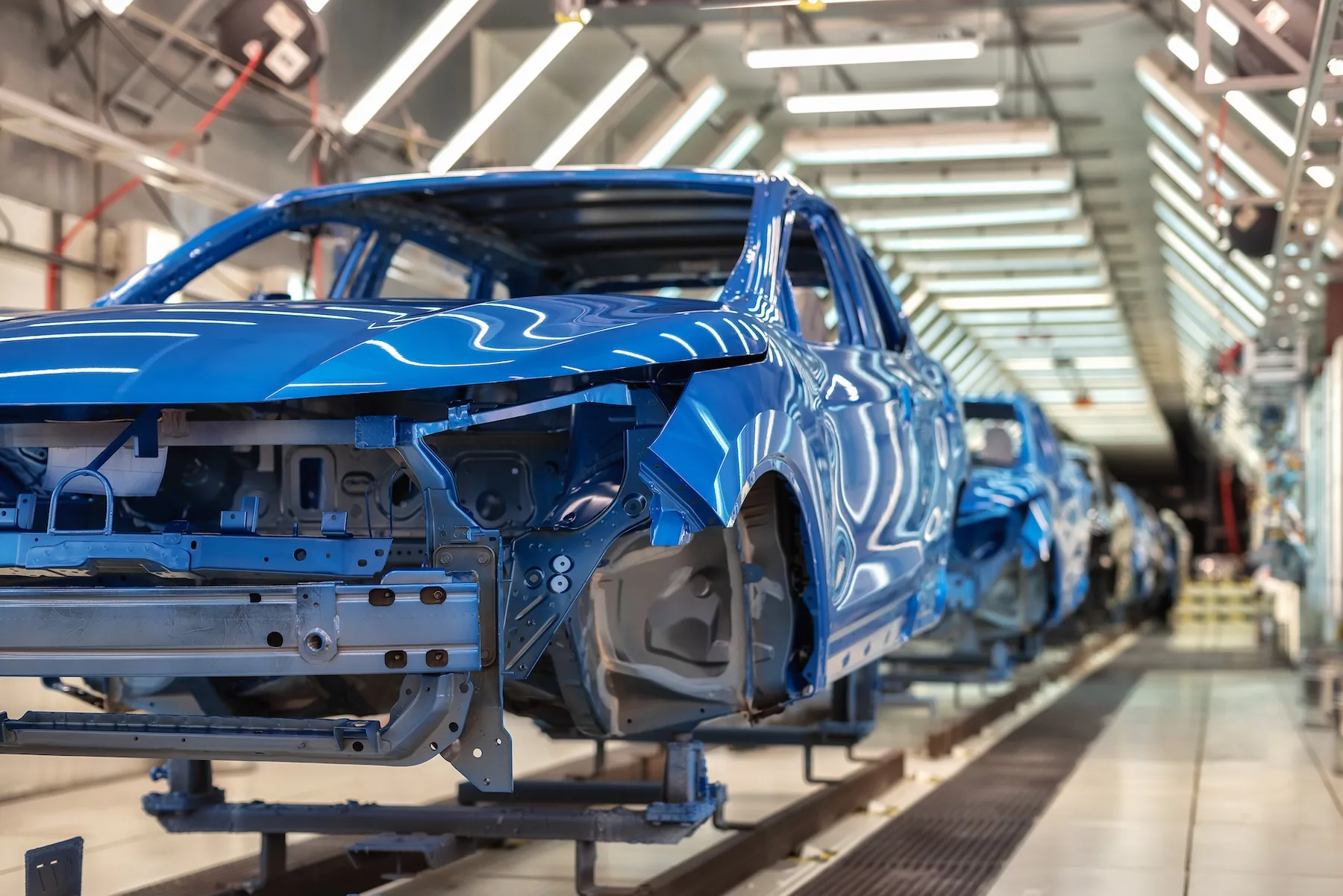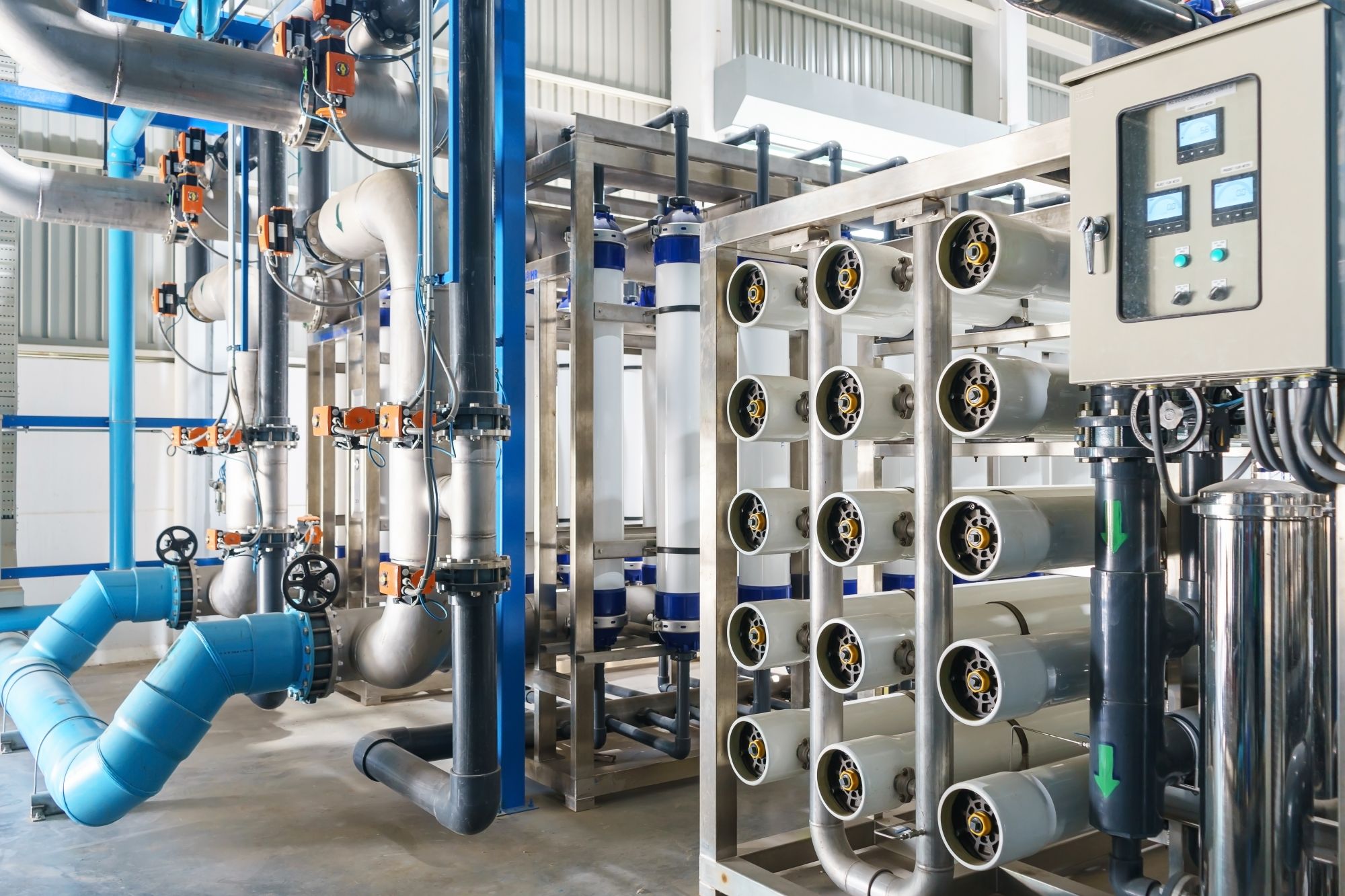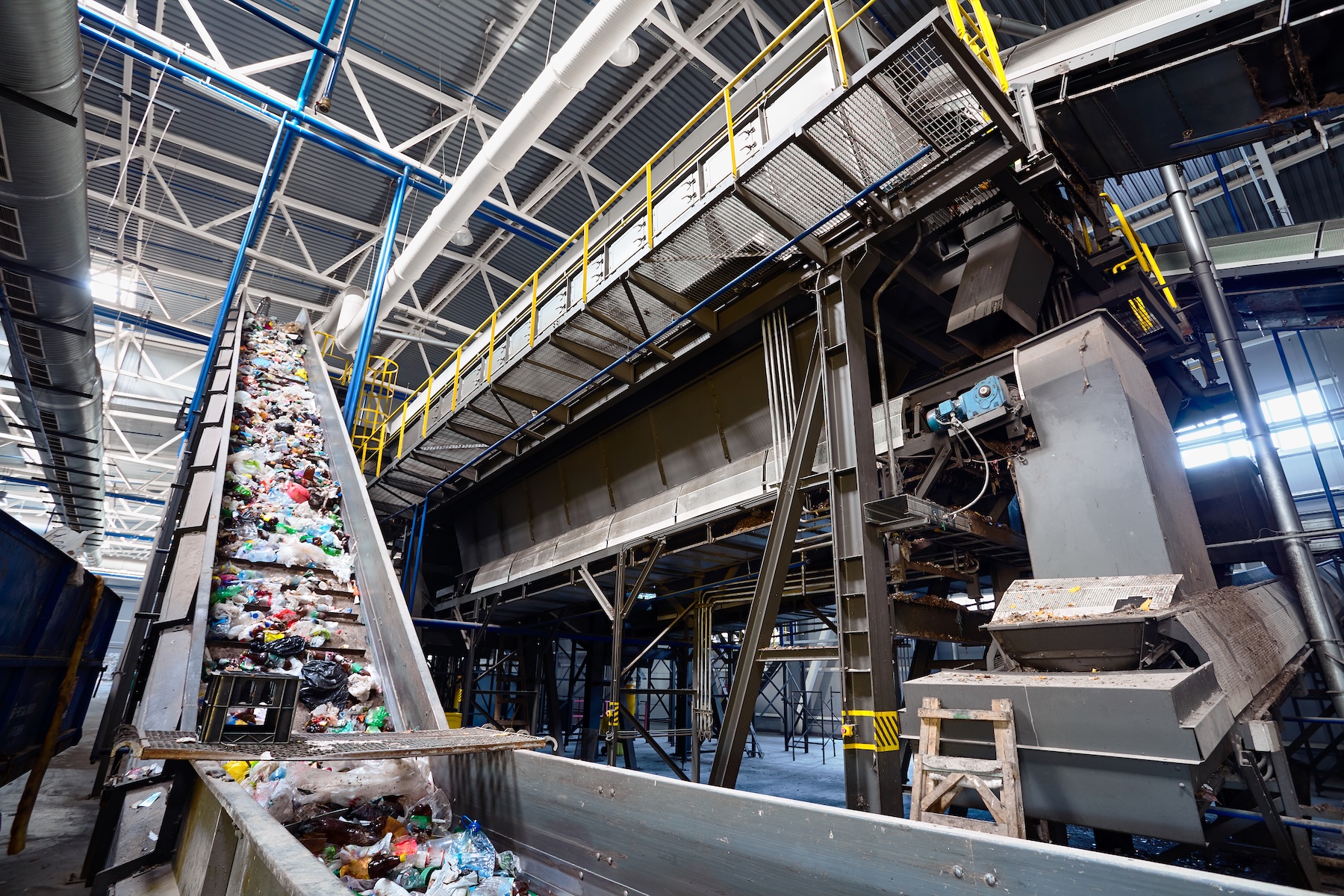Prime House Painting Season: The Transformative Role of Specialty Additives in Coatings and Paints

As we enter prime house painting season, the focus on coatings and paints becomes more pronounced. Whether it’s a fresh coat of paint on your home’s exterior or a protective layer on industrial equipment, the importance of high-performance coatings cannot be overstated. One of the key drivers behind the advancement of these coatings and paints is the use of specialty additives. These additives are engineered to enhance various properties, including durability, weather resistance, and eco-friendliness. This post delves into the transformative role of specialty additives in the coatings and paints industry, highlighting recent innovations and success stories that underscore their practical benefits.
The Role of Specialty Additives in Coatings and Paints
Specialty additives are chemical substances added to coatings and paints to improve their performance and functionality. They can be classified into several categories based on their purpose:
- Rheology Modifiers: These additives adjust the flow properties of paint, ensuring it spreads evenly and smoothly. They also prevent sagging and improve the brushability and sprayability of coatings.
- Dispersing Agents: Help distribute pigments and fillers evenly, preventing settling and agglomeration, resulting in consistent color and texture.
- UV Stabilizers and Absorbers: Protect coatings from degradation caused by ultraviolet (UV) radiation, crucial for outdoor applications to prevent fading and cracking.
- Antimicrobial Agents: Inhibit the growth of mold, mildew, and bacteria on painted surfaces, enhancing the longevity and hygiene of the coatings.
- Corrosion Inhibitors: Particularly important for industrial and marine coatings, these additives prevent the corrosion of metal surfaces, extending the life of the coated material.
- Eco-friendly Additives: These include bio-based and low-VOC (volatile organic compound) additives that reduce the environmental impact of paints and coatings.
Enhancing Durability and Weather Resistance
Durability and weather resistance are critical attributes for both residential and industrial coatings. Specialty additives play a pivotal role in enhancing these properties.
Rheology Modifiers and Dispersing Agents: Rheology modifiers and dispersing agents ensure that coatings are applied evenly and maintain their integrity over time. For instance, in regions with extreme weather conditions, coatings enhanced with these additives can resist cracking and peeling, providing long-lasting protection.
UV Stabilizers and Absorbers: UV radiation can significantly degrade coatings, leading to fading, chalking, and loss of gloss. UV stabilizers and absorbers mitigate these effects by absorbing or blocking harmful UV rays. A notable innovation in this area is the development of nano-scale UV absorbers, which offer superior protection without compromising the clarity and appearance of the coating.
Antimicrobial Agents: In humid and tropical climates, the growth of mold and mildew on painted surfaces can be a persistent problem. Antimicrobial agents, such as silver nanoparticles, are highly effective in preventing microbial growth, ensuring that the coatings remain clean and aesthetically pleasing for longer periods.
Corrosion Inhibitors: For industrial applications, corrosion inhibitors are indispensable. These additives form a protective barrier on metal surfaces, preventing the electrochemical reactions that cause corrosion. Recent advancements include the use of smart corrosion inhibitors that release their protective agents in response to specific environmental triggers, providing targeted and efficient protection.
Promoting Eco-Friendliness
The coatings and paints industry has been under increasing pressure to adopt sustainable practices. Specialty additives have been at the forefront of this shift, enabling the development of eco-friendly products without compromising on performance.
Low-VOC and Bio-based Additives: Volatile organic compounds (VOCs) are a significant concern due to their environmental and health impacts. The introduction of low-VOC and bio-based additives has been a game-changer. These additives not only reduce the emission of harmful substances but also enhance the overall sustainability of coatings. For example, plant-based resins and solvents are now being used to formulate high-performance, eco-friendly paints.
Waterborne Coatings: Waterborne coatings, which use water as a solvent instead of traditional organic solvents, have gained popularity due to their lower VOC content and reduced environmental impact. Specialty additives are essential in these formulations to ensure they meet the same performance standards as their solvent-based counterparts. For instance, advanced dispersing agents are used to stabilize pigments in waterborne systems, preventing issues like flocculation and sedimentation.
Recent Innovations and Success Stories
The coatings and paints industry is continually evolving, with new innovations emerging regularly. Here are some notable examples that highlight the impact of specialty additives:
Nanotechnology in UV Protection: Nanotechnology has revolutionized UV protection in coatings. Nano-scale UV absorbers, such as titanium dioxide and zinc oxide nanoparticles, offer superior protection due to their high surface area and ability to scatter UV radiation effectively. A recent success story involves the use of these nanoparticles in automotive coatings, resulting in cars that maintain their gloss and color for extended periods, even under harsh sunlight.
Smart Coatings with Self-Healing Properties: One of the most exciting developments in the field of specialty additives is the creation of self-healing coatings. These coatings can repair minor scratches and damages autonomously, thanks to microcapsules filled with healing agents embedded in the paint. When the coating is damaged, the microcapsules rupture, releasing the healing agents that fill the cracks and restore the coating’s integrity. This innovation has significant implications for industries like aerospace and automotive, where maintaining the structural and aesthetic integrity of coatings is critical.
Eco-friendly Marine Coatings: The marine industry has traditionally relied on heavy metal-based antifouling coatings to prevent biofouling on ships’ hulls. However, these coatings pose environmental risks. A recent breakthrough involves the use of eco-friendly antifouling additives derived from natural sources, such as marine organisms. These bio-based additives effectively prevent biofouling while minimizing environmental impact, representing a significant step forward in sustainable marine coatings.
The Future of Specialty Additives in Coatings and Paints
The future of the coatings and paints industry is closely tied to the development of advanced specialty additives. As regulatory pressures increase and consumer demand for sustainable products grows, the industry will need to continue innovating to meet these challenges. Key areas of focus for future development include:
- Enhanced Functionality: Developing additives that provide multifunctional benefits, such as combining UV protection with antimicrobial properties, will be a priority.
- Sustainability: The push for greener additives will continue, with a focus on reducing the environmental footprint of coatings through bio-based and low-VOC formulations.
- Smart Additives: The integration of smart additives that respond to environmental changes, such as temperature and humidity, will lead to coatings that can adapt and perform optimally under varying conditions.
- Digitalization and Data: Leveraging digital technologies and data analytics to optimize additive formulations and performance will become increasingly important, enabling manufacturers to develop highly customized and efficient coatings.
In conclusion, specialty additives are at the heart of the advancements in coatings and paints, driving improvements in durability, weather resistance, and eco-friendliness. Through continuous innovation and a commitment to sustainability, the coatings and paints industry is well-positioned to meet the evolving needs of consumers and regulatory bodies alike. As we look to the future, the role of specialty additives will only become more critical in shaping the next generation of high-performance, sustainable coatings.


